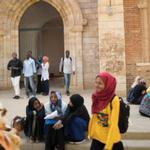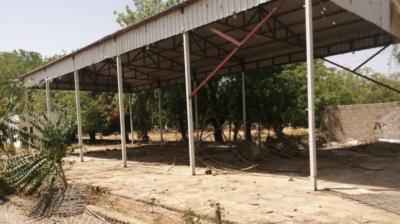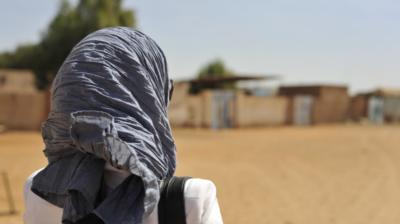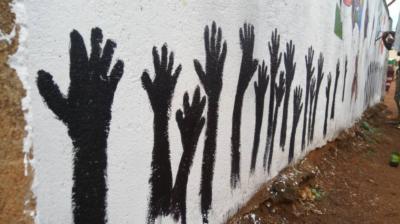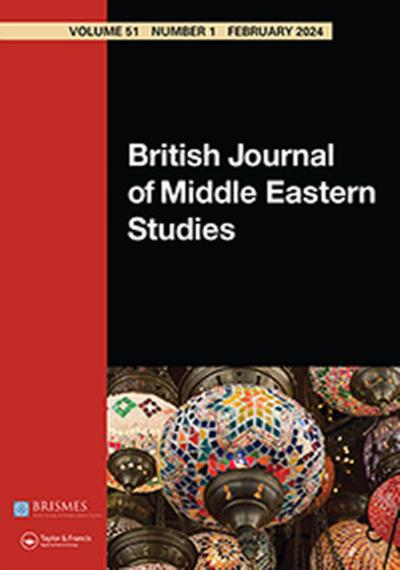Politicization of international aid: Religious responses to criminalizing female genital mutilation in Sudan
International aid to protect women and girls against religiously sanctioned violence in predominantly Muslim countries is prone to politicization and opposition by conservative religious actors. In Sudan religious leaders had varied responses to an internationally funded campaign to criminalize female genital mutilation/cutting (FGM/C) in 2009. In the capital Khartoum, this campaign provoked politicization of aid and counter- mobilization by national conservative religious leaders, while in the eastern town of Gedarif local religious leaders supported criminalization. Based on fieldwork conducted from 2008 to 2018, the study suggests that the power based of religious leaders and their inclusion in, or exclusion from, anti- FGM/C efforts accounted for this differential response. Even when successful, the inclusion of religious leaders as “agents of change” strengthened their power and the role of religion in state and society to levels that may endanger the rights of women and girls.
Liv Tønnessen
